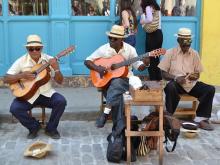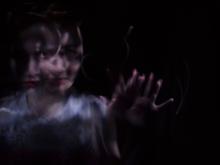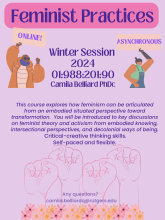Become immersed in the 1950s this winter. Students will read and view the way people have long lived in a media-saturated society, from radio and motion pictures to television and today the Internet. This course connects the central issues of the 1950s as played out through mass media and popular culture and continues to influence the U.S. and global political economy and culture today in a period of history whose myths and stereotypes still flow around us in politics, culture, and daily life.
Professor Markowitz has taught at Rutgers since 1971 and is no stranger to online courses. He developed this course himself and lived through the 1950s as it formed his first real memories. He has written for History News Service, the History News Network, the journal Political Affairs, and various Encyclopedias, including the Encyclopedia of American National Biography, and the Encyclopedia of Social Movements on a variety of topics, including biographical entries on Jimmy Hoffa Julius, and Ethel Rosenberg, the Civil Rights movement, 1930-1953, and Poor Peoples Movements in American History.
This course is a 300-level course and fills a requirement for history majors and minors.


